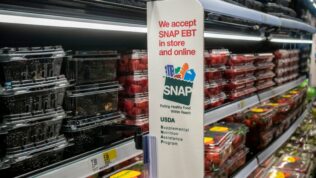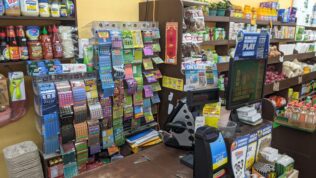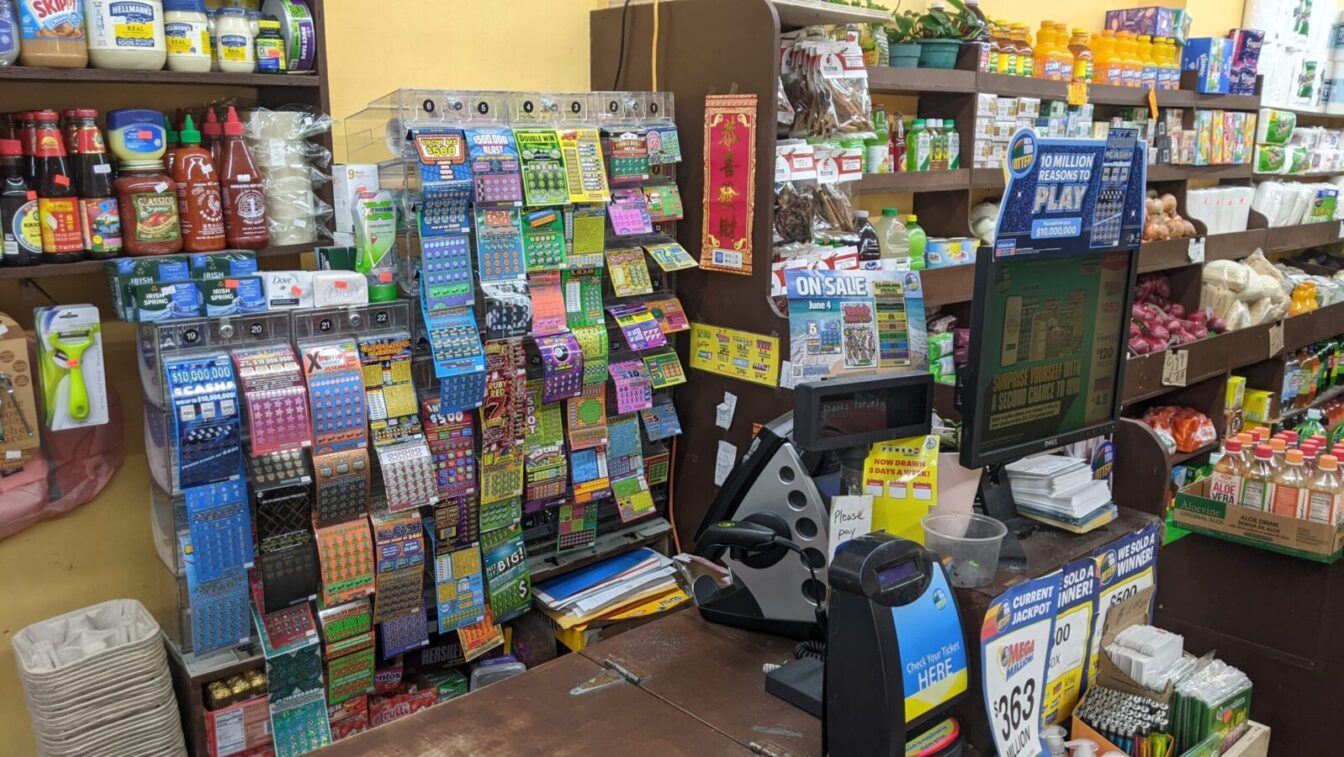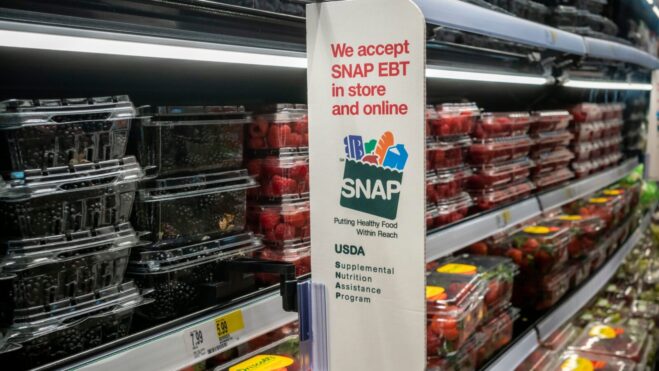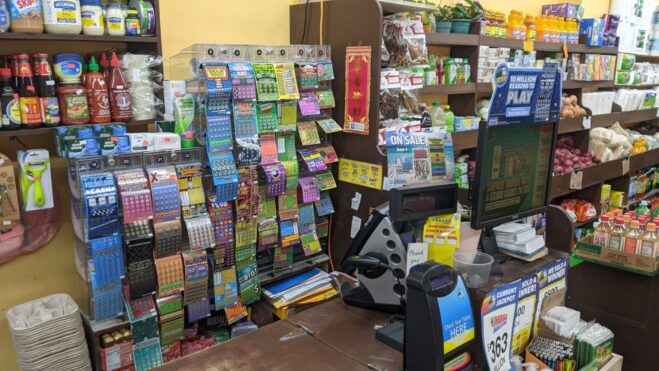Why Are So Many Convenience Store Owners So Gosh Darned Lucky In Lottery?
Those who sell tickets are often those who cash tickets, and there are reasons that go far beyond luck
4 min
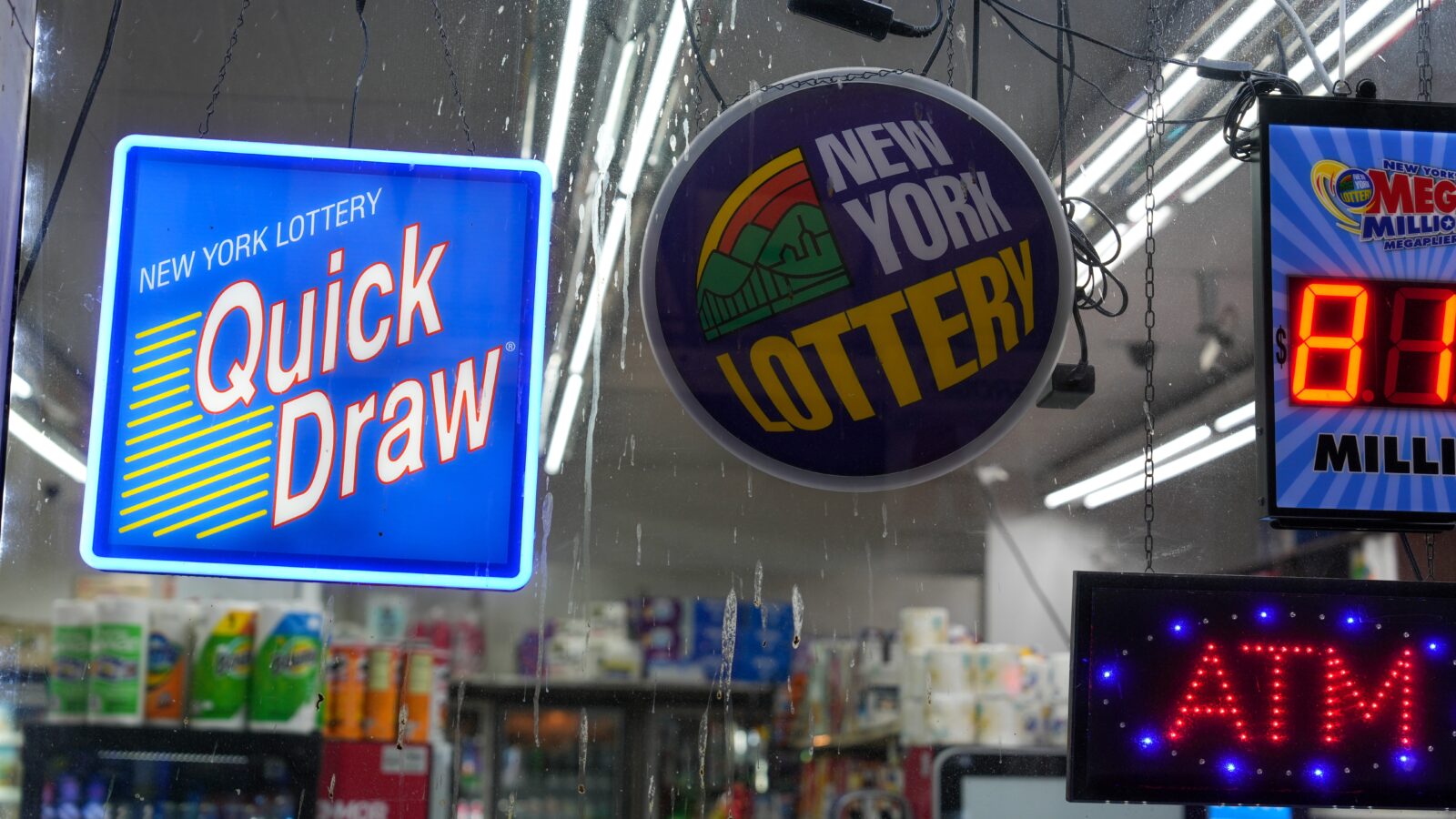
People will look for any way to improve their chances of winning the lottery.
They’ll play their birthdates or anniversaries, or the birthdates of their children or pets. They’ll go with their personal “lucky” numbers, consult numerology or astrology, or look for the repeated appearance of certain numbers in their daily life, which they believe may constitute an “omen.”
Some painstakingly catalog past winning combinations looking for a pattern, or read books written by so-called lottery experts. Some even dream numbers.
But here’s an option most never consider: buying a convenience store that sells lottery tickets.
If you handle it right, you’ll increase your chances of winning cash prizes by, oh, say, 7,000 percent, give or take.
How? We’ll explain.
Paying for convenience
The average cost of opening a convenience store in the United States in 2025 is between $50,000 and $100,000. We know that’s not cheap, but if you own a house and have good credit and a couple salaries, it’s do-able for a decent number of Americans.
Also, the convenience-store business is in solid shape. There are 152,255 convenience stores in the United States in 2025, up from just over 149,000 in 2013. Of those, roughly 80 percent, or about 120,000, sell lottery tickets.
That’s key. If you’re going to buy a convenience store as a way to start winning lottery money, you have to sell lottery tickets.
The first reason is the lottery commission in your state gives you a cut for every ticket you sell. And if you happen to sell one of these giant, billion-dollar winners, you not only get a big commission (the percentage depends on the state), but once the news gets out that a winner was sold at your store, new customers will swarm it, figuring your store is “lucky.”
And that’s where the fun starts. Some convenience stores, you see, are “luckier” than others.
Consider the case of the Commissary Food Market on Ridge Avenue in Philadelphia, which recently sold three top-prize-winning lottery tickets worth about $2.7 million total in a period of just 13 months.
“I don’t know how we’re lucky, but we are lucky,” Shital Patel, the store owner, told media. “Maybe it is God’s gift that we are lucky.”
Is it?
This can’t be coincidence
In 2015 the Michigan Lottery Bureau launched an investigation after an audit revealed that 37 convenience store owners turned in winning tickets worth almost $3.6 million in 2012 and 2013. One of them collected 107 prizes worth $346,312 in 2013 alone!
Michigan is not unique.
According to an investigation conducted by and reported in the Asbury Park Press in December 2014, a full 50 percent of New Jersey’s 20 most frequent lottery winners since 2009 were either licensed retailers or their family members.
A Polk County, Florida store owner was investigated by the lottery commission after he recorded 45 wins worth more than $88,000 between July 2011 and December 2014. Lottery officials could find no wrongdoing.
Another store owner, this one in Pasco County in Florida, recorded, along with his son and two daughters, 49 scratch-off prize wins totaling several million dollars. Georges Raffoul and his son Abdallah were arrested for welfare fraud in 2015 and placed on probation after investigators found they were letting customers buy alcohol, cigarettes, and synthetic marijuana with EBT cards, Florida’s welfare currency. But we could find no record of any disciplinary measures with respect to the lottery winnings.
So what is going on here?
Lottery officials believe that in most cases store owners are buying winning tickets from their customers in a practice known as “ticket discounting” or “ticket brokering.”
How it works
Say you just won $50,000 in a lottery but you owe child support, or back taxes, or you’re on government assistance. Or maybe you’re in the United States illegally and keeping a low profile.
You go to cash that ticket, the government deducts what you owe, boots you off welfare, maybe deports you. At the very least you’re poor again. You don’t want that, right?
Luckily for you, here comes your friendly neighborhood convenience store owner who offers to buy your winning ticket and cash it under his name or his nephew’s. All he wants is, say, 20 percent for his troubles. Maybe 30.
You walk away with $40,000 or $35,000, and get to continue living your life under the radar. The store owner gets a commission from the lottery for selling the ticket and his 20-30 percent cut, from which he can pay the tax and have plenty left over. Plus, the words gets around that he plays ball — or is “lucky,” which means more business comes his way.
And remember — some of these storeowners do this dozens of times a year.
In March 2014, The Palm Beach Post published the results of an investigation that found many store owners were repeat jackpot winners in Florida. Some cashed in tickets worth $600 or more every 11 days.
Investigators finally figured out what was going on when they tracked the locations at which a winning ticket had been scanned and found several different locations in a 200-mile area. The final location turned out to be owned by the man who claimed the ticket as his — meaning the actual winner drove from store to store until he found one where the owner would buy the ticket from him.
Is this a crime?
You may ask what the big deal is. So the government gets cheated out of a few bucks. So what? Rich people do that all the time, right?
Well, if it doesn’t bug you when court-ordered child-support payments go unpaid, maybe it will to know that sometimes lottery-discounting schemes sometimes go hand-in-hand with more serious crimes. One Florida store owner, Kaiser Akel, implicated in a lottery ticket-cashing scheme uncovered by The Palm Beach Post, was found to have been laundering money for mobsters at his check-cashing business. It wouldn’t have been possible without the lottery-discounting scheme.
A couple of points to take away from all this. First, it is not illegal for convenience store owners who sell lottery tickets to play the lottery. Also, from a legal perspective, getting caught buying other people’s winning lottery tickets and cashing them constitutes a misdemeanor at the worst and only in a few extreme cases have storeowners caught doing it been suspended or barred from selling lottery tickets.
In general, lottery commissions are loathe to investigate reports of ticket brokering; in most of the cases cited here, the lottery commissions got involved only after media outlets investigated and found obvious evidence of wrongdoing.
If you still like the idea of owning a convenience store to improve your chances of winning cash prizes via the lottery but all the talk of ticket discounting and money laundering seems a little dangerous, you can always improve your chances the old-fashioned way: Tell your customer his winning ticket is a dud, then go cash it in yourself.
And if you don’t want to pay taxes on it, you’ll probably be able to find someone to cash it in for you. He’ll just ask for a 20 percent cut for his troubles. Maybe 30.

